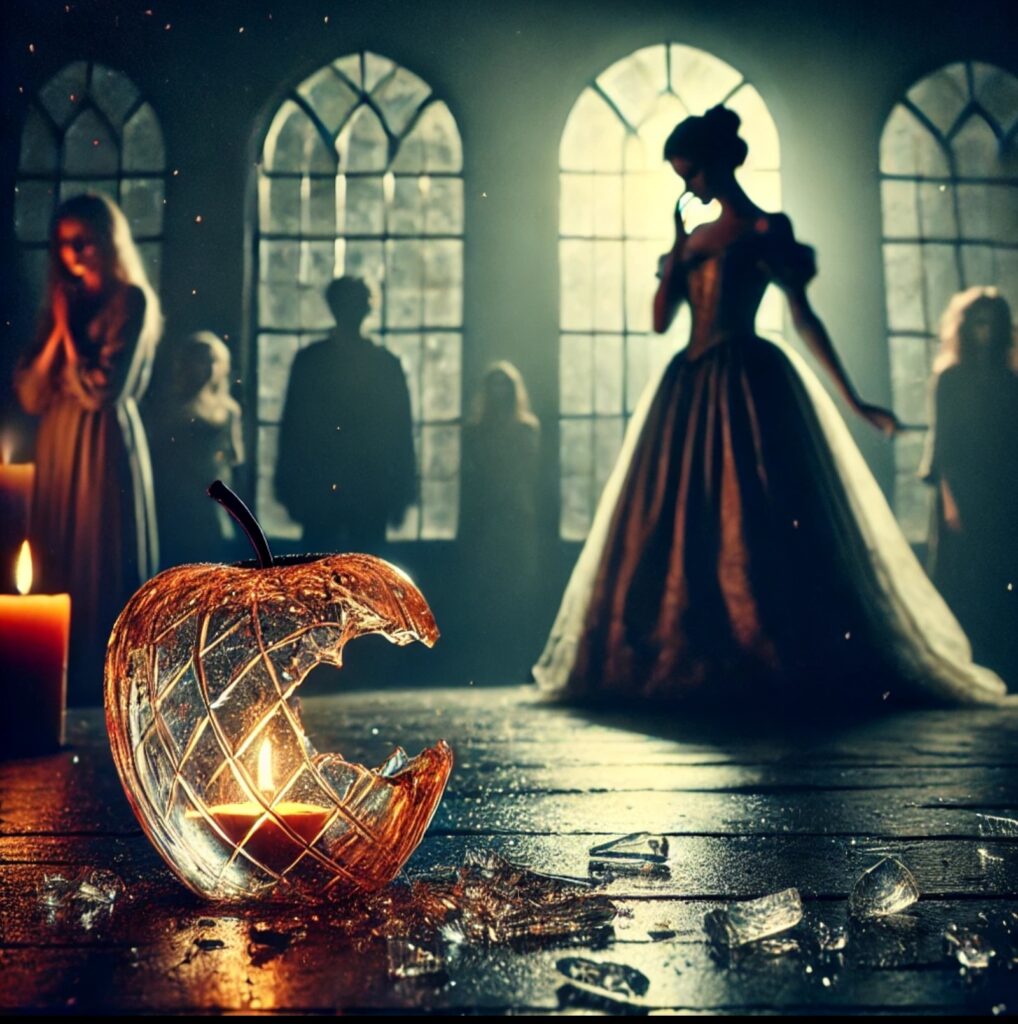Once upon a time, Disney reigned supreme as the master of fairy tale adaptations, bringing childhood classics to life with dazzling animation and groundbreaking storytelling. From “Cinderella” to “Beauty and the Beast,” the studio’s magic touch transformed beloved fables into timeless cinematic masterpieces. However, in 2025, when Disney attempted to retell the tale of “9,” what should have been a triumphant return to form instead became a cautionary tale of controversy, missteps, and financial disappointment.
The remake of “Snow White”—a live-action adaptation of the iconic 1937 animated film—was poised to be a box-office smash. Disney had invested heavily in the project, casting rising star Rachel Zegler as the titular princess and Hollywood veteran Gal Gadot as the Evil Queen. Yet, instead of enchantment, the film was met with a storm of backlash, lukewarm reviews, and an audience that seemed largely disinterested in Disney’s latest offering.
What went wrong? How did a movie based on one of the most famous fairy tales in history manage to alienate so many viewers? The answer lies in a combination of factors—casting controversies, creative decisions, cultural backlash, and a box office performance that failed to meet expectations. Let’s take a deep dive into the drama, the decisions, and the disappointment that led to the downfall of Disney’s “Snow White.”
A Princess Without a Kingdom: The Rachel Zegler Controversy
When Disney announced Rachel Zegler as Snow White, the studio likely expected a warm reception. Zegler, fresh off her breakout role in Steven Spielberg’s “West Side Story,” was a talented young actress with a growing fan base. However, the casting choice quickly became a lightning rod for controversy.
Traditionally depicted as a fair-skinned European princess, Snow White’s origins trace back to German folklore. While Disney has successfully cast diverse leads in previous films—such as Halle Bailey in “The Little Mermaid”—many critics argued that changing Snow White’s ethnicity in a story so deeply rooted in European history felt like unnecessary revisionism. This debate intensified when Zegler herself made comments that further alienated fans.
In interviews, Zegler criticized the 1937 animated classic, calling it “weird” and saying the original film’s romantic storyline was outdated. She dismissed Prince Charming as a character and stated that her version of Snow White would be a “modern woman” who doesn’t rely on a prince to save her. While these remarks might have been intended to promote female empowerment, they instead alienated many fans of the original film.
The Seven Dwarfs Dilemma: When CGI Replaces Representation
One of the most iconic elements of the original “Snow White” story is the seven dwarfs—Sleepy, Dopey, Doc, Grumpy, Happy, Bashful, and Sneezy. In the 1937 film, they played a crucial role, serving as Snow White’s protectors and comic relief. However, Disney’s 2025 remake took a drastically different approach that sparked fresh controversy.
Rather than casting actors with dwarfism, Disney opted to use CGI to create the characters. The decision was partly influenced by concerns over reinforcing stereotypes, especially after actor Peter Dinklage publicly criticized the idea of portraying dwarfs in a traditional fairy tale setting. While Disney may have intended to avoid backlash, the move backfired.
The dwarfism community felt excluded, arguing that the film could have provided much-needed representation for actors with dwarfism. Many pointed out that fantasy films like “The Lord of the Rings” had cast little people without controversy, raising questions about why “Snow White” had taken a different approach.
A Culture War Battlefield: The “Woke” Debate
In recent years, Disney has found itself increasingly entangled in the cultural and political battles of modern America. The company has attempted to balance inclusivity and diversity while maintaining its legacy, but this has often led to accusations of pushing a “woke” agenda. “Snow White” became the latest flashpoint in this debate.
Many conservative critics accused Disney of intentionally altering the film to cater to modern political correctness rather than staying true to the classic story. The removal of Prince Charming, the changes to the dwarfs, and Zegler’s outspoken opinions all contributed to the perception that the film was more of a political statement than a fairy tale.
Critical and Audience Reactions: A Lukewarm Response
Despite the controversy, some expected the film to perform well at the box office based on Disney’s brand power alone. However, both critics and audiences delivered a different verdict.
Reviews were mixed to negative. While some praised the performances—particularly Gal Gadot’s portrayal of the Evil Queen—many found the film lacking in charm and coherence. The CGI dwarfs, the altered storyline, and the absence of key elements from the original film left critics underwhelmed.
Audiences, too, seemed disinterested. Unlike past Disney remakes that sparked excitement, “Snow White” failed to generate enthusiasm. The film’s opening weekend numbers reflected this apathy, grossing just $3.5 million in Thursday previews—well below expectations.
By the end of its theatrical run, “Snow White” was officially labeled a box office disappointment, marking one of Disney’s most significant failures in recent years.
Lessons Learned: The Future of Disney Remakes
The failure of “Snow White” serves as a warning for Disney’s future projects. While the studio has successfully updated classics in the past, the backlash against this film highlights the risks of straying too far from what made these stories beloved in the first place.
Moving forward, Disney may need to rethink its approach to remakes. Rather than reinventing classics to fit modern sensibilities, the studio might find greater success in honoring the spirit of the original films while making thoughtful, subtle updates.
For now, “Snow White” will be remembered not as a triumphant return to Disney’s roots, but as a cautionary tale of how a fairy tale adaptation can go terribly wrong.
Will Disney learn from its mistakes? Or will future remakes suffer the same fate? Only time will tell—but for now, “Snow White” remains an unfortunate chapter in the House of Mouse’s history.

